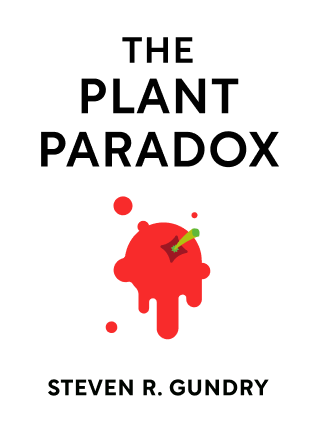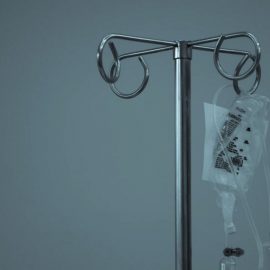

This article is an excerpt from the Shortform summary of "The Plant Paradox" by Steven R. Gundry. Shortform has the world's best summaries of books you should be reading.
Like this article? Sign up for a free trial here .
Is the Plant Paradox true? Is the Plant Paradox diet healthy?
If you’ve heard about the Plant Paradox, you may be questioning its validity. Read on to see the answer to the question, “is the Plant Paradox true?” The answer depends on what part of the Plant Paradox theories you’re looking at.
Keep reading to find out more about the Plant Paradox diet.
Is the Plant Paradox Diet Healthy?
The Plant Paradox Program (PPP) is based on the premise that the key to your health is less about what you add to your diet and more about what you remove—namely, lectins. The paradox of the Plant Paradox is that certain fruits and vegetables contain lots of health-harming lectins that you must avoid, but much of the diet relies on eating other, lectin-free vegetables.
The author developed this theory and program through his career as a heart surgeon, cardiologist, and immunologist, as well as his own dramatic weight loss. He learned how certain foods affect the immune system and how that can lead to weight gain and disease. He went on to establish the International Heart and Lung Institute and eventually write this book.
Is the Plant Paradox true about lectins? (Shortform note: Health organizations including the Mayo Clinic and the Harvard School of Public Health acknowledge the harmful effects of active lectins, but they add that people generally don’t eat enough to cause major health issues and that most lectin-containing foods have health benefits that far outweigh the negative effects of the lectins.)
Theories About Alkaloids
In order to deter predators from eating and spreading their seeds, these plants use toxins to weaken, paralyze, or sicken predators. In addition to lectins, which disrupt communication among cells (as we’ll explain in upcoming sections).
These toxins include alkaloids, which also create a bitter taste. Is the Plant Paradox true about alkaloids? (Shortform note: The author notes that alkaloids are found in nightshades such as tomatoes, potatoes, eggplants, and peppers, which he says are all highly inflammatory. However, evidence doesn’t support that nightshades are inflammatory and, in fact, alkaloids have been shown to be anti-inflammatory.)
Are Healing Lectins Real?
Certain lectins teach your immune system to resist pneumonia and other viruses, while others curb the growth of the HIV virus. Still others can have healing properties, and some lectins may even have the potential to treat cancer. Is the Plant Paradox true about potentially helpful lectins? (Shortform note: Research for this is ongoing).
Artificial Sweeteners
In addition, sweeteners kill some of the good bacteria in your holobiome, which allows for bad bacteria to run rampant. In fact, a study showed that one Splenda packet destroys half of your natural gut microbes. Is the Plant Paradox true about this research? (Shortform note: The study gave rats high doses of Splenda. In order to have substantial negative effects on a human’s microbiome, she would have to consume hundreds of Splenda packets or over 100 cans of diet soda per day.)
Is the Plant Paradox True About the Keto Diet and Cancer?
cancer cells need way more sugar to grow than normal cells. In other words, if you cut down on sugar, you can starve the cancer cells. Is the Plant Paradox true about the impact on cancer cells? (Shortform note: Studies show that ketogenic diets—either alone or in conjunction with a calorie-restricted diet and/or other therapies—help suppress tumor growth in several types of cancer, including colon, lung, prostate, and pancreatic cancer).
So, is the Plant Paradox diet healthy? It can be, but like most things, it probably depends on the details.

———End of Preview———
Like what you just read? Read the rest of the world's best summary of Steven R. Gundry's "The Plant Paradox" at Shortform .
Here's what you'll find in our full The Plant Paradox summary :
- Why eating more vegetables isn't enough, and why some vegetables are toxic to your body
- The science behind lectins and how they tear apart your body, making you fat and sick
- The 6-week program to get your body back on healthy grack






